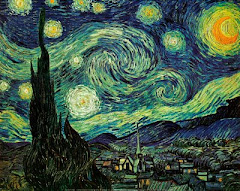Canada's Asbestos mining industry, mainly out of Quebec's Thetford mines, has not only put the people who live around the mines at a great health risk, but has also put the millions of people in developing countries such as India, Thailand and Indonesia, where Canada ships 96% of it's Asbestos, in danger.
For many years, Australia, Chile, and the European Union, as well as every single other Western democracy, have fought to make Asbestos a substance on the Rotterdam Convention, a treaty governing trade in substances that can harm human health, or are potentially harmful to the environment. Their main opposition? Canada, of course, along with Zimbabwe, Russia, and yes, Iran. The Rotterdam Convention's review board, as well as the World Health Organization (WHO) both agree that Chrysotile Asbestos (the main form mined and exported in Canada) is "unequivocally a human carcinogen." Canada's argument is that "Chrysotile is a less potent carcinogen... and consequently poses a lower health risk" than other forms of Asbestos.
Not only that, but Canada argues that "its export and trade need not be dangerous, if the importing countries practise safe use and put regulations, programs, and practises equivalent to Canada's...in place." Well, the government of Canada has all but banned the substance, as our safety systems were no match for handling it, and I'm sure that developing countries will do a much better job dealing with it.
Last year, Canada even hired an "international committee of scientific experts to study the risks of Chrysotile exposure." The committee finished it's review in march, and the government of Canada still refuses to publish the results. I wonder what conclusion they came to?
With an economic crisis at hand, it is obvious that the Canadian government has decided it is more important to save the jobs of miners than to jeopardize lives of millions of people around the globe.


